The Women of the Polynesian Panthers

“A true activist does what they do because of their profound love for their people”
For the Pasifika women who spoke out despite all their life challenges in the Dawn Raids era - this was the mantra.
If you google image search the Polynesian Panthers the first rows of images to pop up are all images of men. You’ll be lucky to find an image of a female panther in those first few scrolls, but what is seen in the images is not always depictive of reality. Women played a vital role in the Polynesian Panther Party and laid a foundation to which their male counterparts were able to stand on.
One of the pivotal female Panthers who dedicated her life to social justice and collective liberation was Dr. Melani Anae. In fact, to this day Dr. Melani continues to work as a Polynesian Panther and has famously said the phrase “once a Panther always a Panther”. Dr. Melani and Panther sisters Etta Gillon and Lusi Atiga speak about the often-forgotten women of the Panthers, and how the movement that led to great change including today's Dawn Raids Apology would not have been possible without Pacific women.
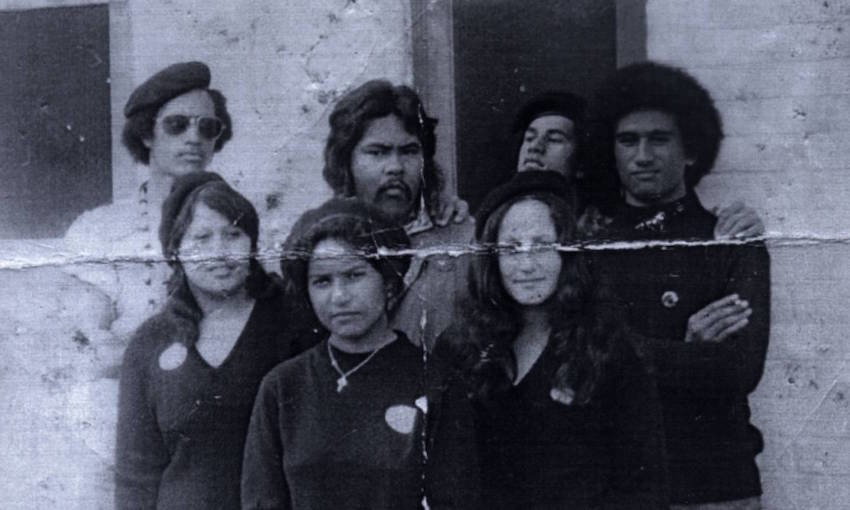
Female activists played on a different playing field in the days of Polynesian Panthers compared to their fellow brothers. Pacific communities who faced harsh racial attacks during the Dawn Raids, included women who often felt these attacks in more ways than one.
Dr. Melani recalls that during the Dawn Raid era mothers were often stripped of their dignity and disrespected by the New Zealand Police. “Women were picked up and taken by the police in the middle of the night in just their lavalavas. Young mothers were removed from their babies and not even allowed to get nappies or anything. A story came out of a mother who asked a cop if she could feed her baby and the cop said just use that milk on the table we use for coffee”, Dr Melani shared.
As primary caregivers, the impact of having aiga members arrested, the constant fear of police harassment and protecting children are all factors that were a stark reality for many Pasifika women in this time.
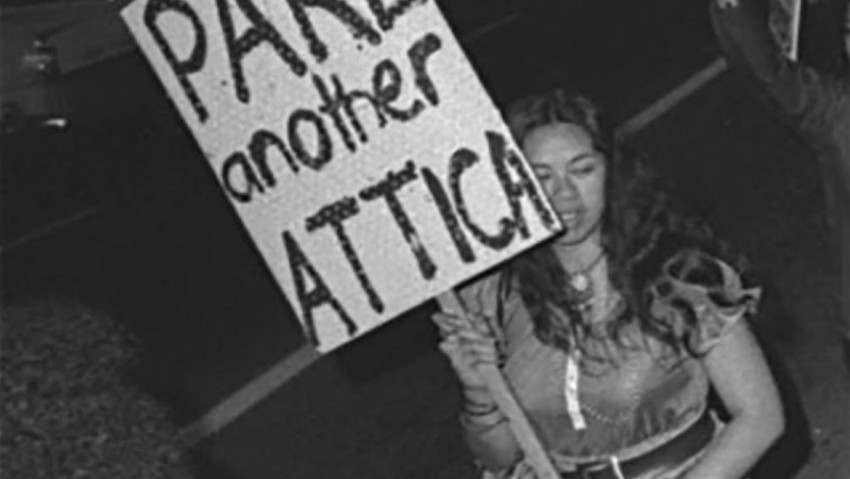
“Many are still traumatised by the threats, humiliation, shamed, abuse… locked in cells with kids by themselves while parents taken away. In those days, no social worker was there to take them when parents taken away.” Lusi Atiga.
The women in the Panthers would often go out to make sure the babies of the women who got raided were fed and that the women had a change of warm clothes at the police stations. It was the understanding that women had for other women that made it obvious for the female panthers that they needed to support their Pasifika sisters who were feeling the brunt of living in a racist society.
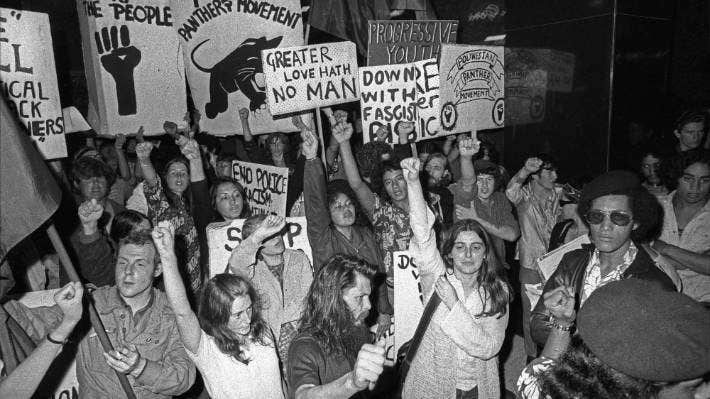
For many families living in Auckland where they had been encouraged to come to be part of the labour force in the 70’s, was just too risky and stressful. Lusi Atiga talks about her mother resorting to shifting out and starting again outside of Auckland:
“During dawn raid era our parents didn’t want to ‘rock the boat’ or query authority as some families had just got permanent residency and working hard towards citizenship. However my mum had an idea, she just took some of our family to Waiheke to live (no hassles here, no one knocking on door 4am) they integrated into Waiheke, work and kids went to school here, and eventually they caught a boat to town for first time after leaving Auckland years ago.”
It was these realities that pushed many women into activism and fighting for racial justice with the Polynesian Panthers. Women were the backbone of the movement but were often not seen in the media.
“Media only spoke to PPP men as they thought that’s who the leaders were or it was in their paternal society so assumed this was same for Pacific Island communities. Maybe also because Pasifika men were more out and about, working, in the pub etc … while many of the women were at home with children and elderly."
Dr Melani said “if you notice all the photos in the newspaper back in the day there were hardly any women, because we were hiding behind the camera. We didn’t want our family and church to see us because we were still meeting our cultural obligations”.
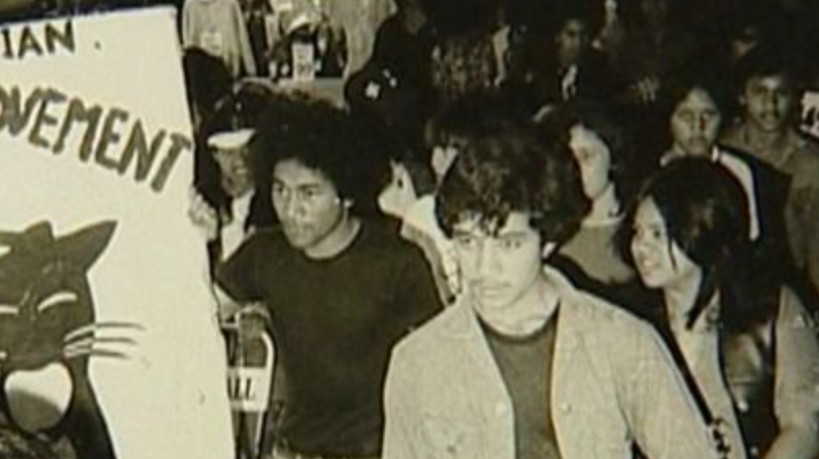
Circumstances for young Pasifika women in particular at the time made it much harder for them to raise their voices against the rampant injustices of the Dawn raids in the same way:
“I did what I could despite my circumstances, like when I joined PPP I made sure when protesting and at demonstrations I was not on the front line and walked in the middle of marches or holding the poster up hiding my face so my family didn’t see me on the tv news or Herald…LOL…I was only 16 so this was an exciting time for me not only to be part of the cause but also I was out of the house sometimes at night….a big deal when you’re a young Pasifika female teenager in the 70s..”
Fellow female Panther, Etta Gillon also described the difficulty Pacific women faced in their time to speak up publicly on discrimination.
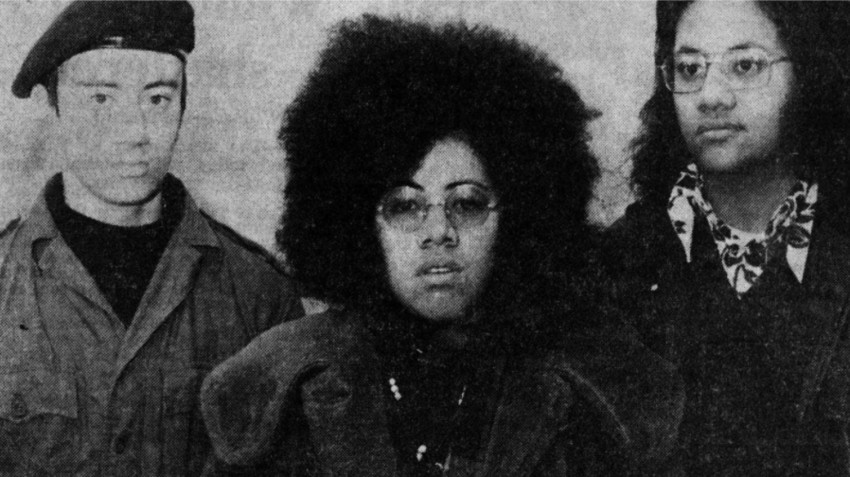
“For some women it was hard emotionally, and, in most cases, they withdrew themselves from the situation to prevent confrontation. Some retaliated back verbally and in some cases I believe some physically no doubt not without some sought of retribution but for some it was not easy. Many I believe found it easy not to rock the boat and ignore those who were racist. Possibly thinking they are probably ignorant and a product of their upbringing and do not know any better the underlying fact is some Pacific women were made to feel degraded and made to be put in their place as second-class citizens. Hence a lack of self-esteem in many ways became a real problem then and in some cases even to this day” Etta explained.
Dr Melani described how the women of the Panthers carried the weight of the community outreach or what the Panthers would call “Community Survival Programs”.
Prison visits, homework drives, foodbanks, policing police patrol, tenants aid and much more were carried out by the female panthers. She adds “We were delivering the Western Newspapers (the girls). Me and Sally Atiga would be delivering the Western News to pay for our office”. This was an example of various practical ways the women supported the Panthers so they could bring about the change that they did and continue to do.
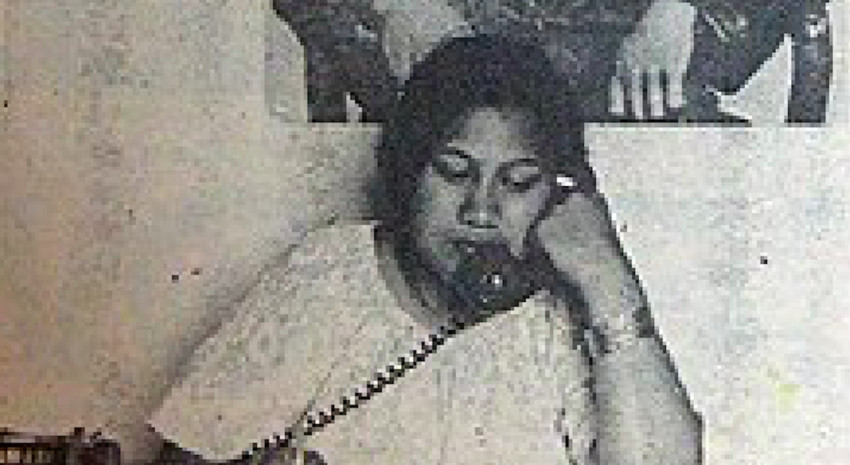
“More woman than men stayed at home to care for children and elderly with no support financially as we weren’t eligible for work and income benefits as not being PR. Back in the island we had our extended families around us and close neighbours, so this time in NZ establishing ourselves was a lonely stressful time for mums and aunties. Women lead households as they looked after and advised new family/community arrivals (re- work, rent, finance, shopping, using technology (washing machine lol) etc) … they did this until they settled down and able to bring their families to NZ.
Women worked usually in factories (as their skills like teaching back in the islands wasn’t recognised in NZ.) They worked and then came home to look after the family, men worked then some went to pubs. We didn’t have ESL programmes or training programmes for Pasifika people when we arrived this would’ve helped us move from factory floors to skilled level jobs -like they did 10 years later NZ welcomed Refugees and set up the Mangere Refugee Centre in the 80’s….obviously Pasifika weren’t that valued or not important.
While all the above was stressful and lonely, our communities were strong in that we gathered on Sundays at church and shared our faith, food and a lot of fun.” Lusi Atiga
When asked about 2021, the upcoming generation of Pasifika demanding change and the changing of space in Aotearoa Dr Melani responded,
“I haven’t felt like this since the hippy revolution in the 70s. When the whole world was being tipped upside down. Anti-war, people coming out of the closet, feminism. it was exciting because something was in the air. Change was in the air. I think we are in that moment right now … Climate change, Covid, Rampant Racism. New Zealand through indigenous knowledge have been able to see change. Together we could do it”
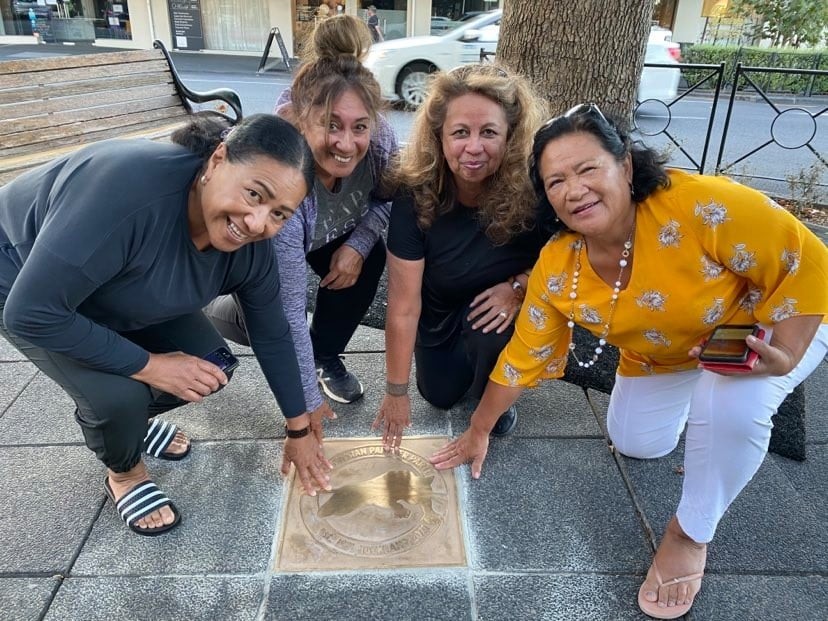
“I wish my parents were alive to hear this apology day. It will endorse they were right in all the actions they did to help their families and communities in the 70’s. I guess it’s like been an outcast and now you finally given reprieve so it would be a relief knowing they were right they were mistreated wrongly” Lusi Aitga
Today Dr Melani Anae joins her fellow Polynesian Panthers at the Official Apology by the New Zealand Government for the Dawn Raids. An apology that Dr Melani and the Panthers have worked towards for many years. An apology that would not have come about if not for the will, service and commitment of women who laid the foundations of the movements that called for it.
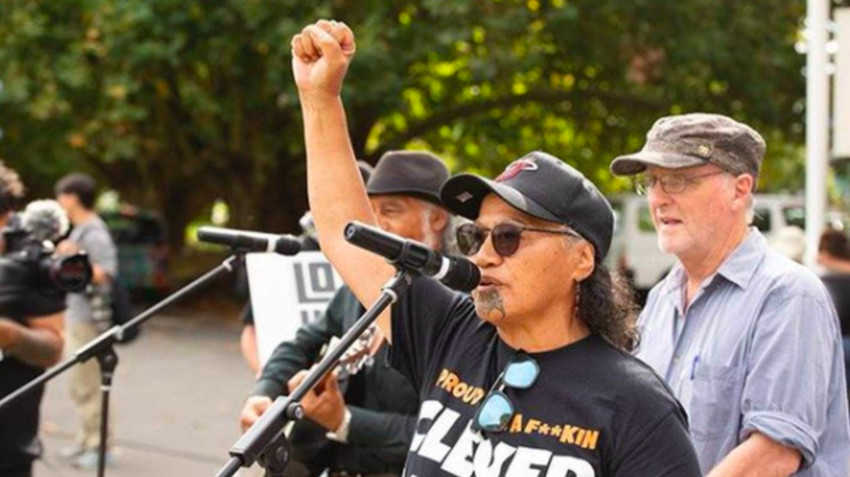
In memory and honour or Miriama Rauhihi Ness - one of the primary leaders and inspirations for Pasifika women to speak out against social justice in ethos time.
